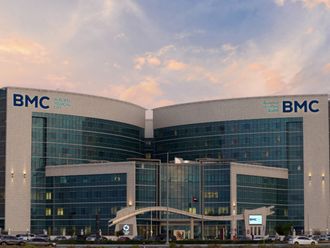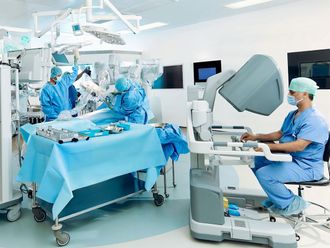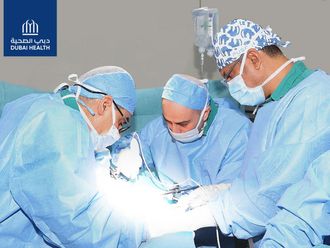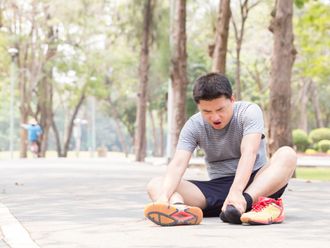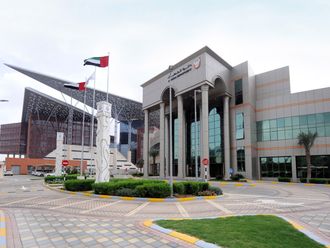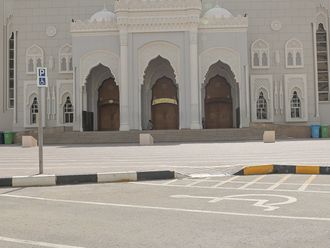Abu Dhabi: Five public hospitals in Abu Dhabi are fully baby-friendly as they promote and support breastfeeding, the Health Authority Abu Dhabi (Haad) announced in a statement on Monday.
“Hospitals provide mothers with care, attention and support before and after the birth of the baby. Therefore, there is no better place than hospitals to educate mothers about the benefits of breastfeeding and support them with easy access to lactation consultants and breastfeeding experts,” Dr Omniyat Al Hajeri, director of public health and research at Haad, said.
According to Haad statistics, only about 37 per cent of mothers in Abu Dhabi continue exclusive breastfeeding up to six months. The authority is therefore aiming to increase this proportion to at least 50 per cent of new mothers by 2025, in line with World Health Organisation goals. Making hospitals baby-friendly is one of the measures intended to attain this target.
The Haad also recently undertook a survey to determine the number of lactation consultants at maternity hospitals in Abu Dhabi, and also met with hospital professionals to encourage greater efforts towards become baby-friendly.
To become baby-friendly, hospitals that care for mothers and newborn babies must satisfy 10 criteria, including providing training for relevant healthcare staff, spreading awareness about the benefits of breastfeeding among pregnant women, and helping mothers initiate breastfeeding within half an hour of birth if there are no exigent circumstances. They must also show mothers how to breastfeed and maintain lactation when separated from the infant, allow mothers and infants to stay together and establish breastfeeding support groups.
Among the certified baby-friendly facilities in Abu Dhabi is Corniche Hospital, the capital’s mong-established maternity services provider.
Medical experts agree that breastfeeding lowers a baby’s risks of developing allergies. Breastmilk itself is the perfect nutrition for babies as it contains numerous antibodies that help infants fight off viruses and bacteria. Breastfed infants are also more likely to gain the right amount of weight as they grow without becoming overweight. In addition, breastfeeding also reduces women’s risk of developing breast cancer, ovarian cancer and osteoporosis.
The WHO recommends that babies be exclusively breastfed, with no other food or fluids other than Vitamin D, unless medically prescribed, upto six months of age. Mothers are also urged to continue breastfeeding with appropriate complementary foods up to two years of age.
In 1991, the WHO therefore launched the baby-friendly hospital initiative to promote breastfeeding through supportive practices at hospitals.


